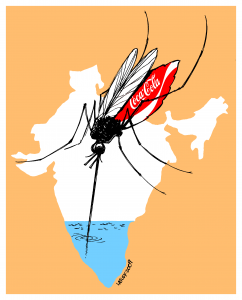Amazon is an e-commerce giant, hiring some of the brightest minds to innovate new technology, and they have announced that they are looking for a new North American city to be the home for their HQ2. Unlike many announcements, Amazon highlighted that it is a North American city, and not just an American city, meaning Canada is also being considered and preferred.
Utilizing SWOT analysis, it could be seen that Toronto has many strengths including a talented workforce with the University of Toronto being the best computer science university in Canada and a developed business environment. There are evident weaknesses such as expensive rent and the lack of space for the 100 acres or large building that is demanded. Limiting factors may include how the business is cross border, which may also become an opportunity in the future. Though all of this makes sense and seems like a compelling argument as to why the expansion should be in Toronto and not Detroit or anywhere else, the largest reason that I could see are the government policies that are hindering immigration in the US.
The ‘genius visa’ fuels many of the tech giants, and it is just as important to Amazon. It is likely that Bezos is considering the trend of nationalism in the US and is trying to exit before it becomes a constraint. In many of the articles, it is about the people working, the innovators who will no longer be able to immigrate to the US, but I think it is also about what the geniuses in the US are unable to do. I do not think that as a multinational e-commerce platform, it should be suggested to hire only purebred Americans as their software developers. In order to cater to different populations and promote a positive user experience, it is essential that input from varied sources are heard. There is no easier way than having many immigrants and foreign workers who are more familiar with their countries and customs representing the varied customers. It is profitable for Amazon to have their customers being understood, represented and connected with HQ. When customers are satisfied with the service, feel like they are valued, they become returning customers, essentially the group of people who will make Amazon the most profit.
I believe that the majority of the employees would be dispensable if all their capabilities lies in their skill to perform exactly what is included on their job description. True innovation and creation of a business product requires that the individuals are unique and that the team is high performance. There is no time to deal with the politics of immigration, there is only time for innovation.
Word Count : 446

